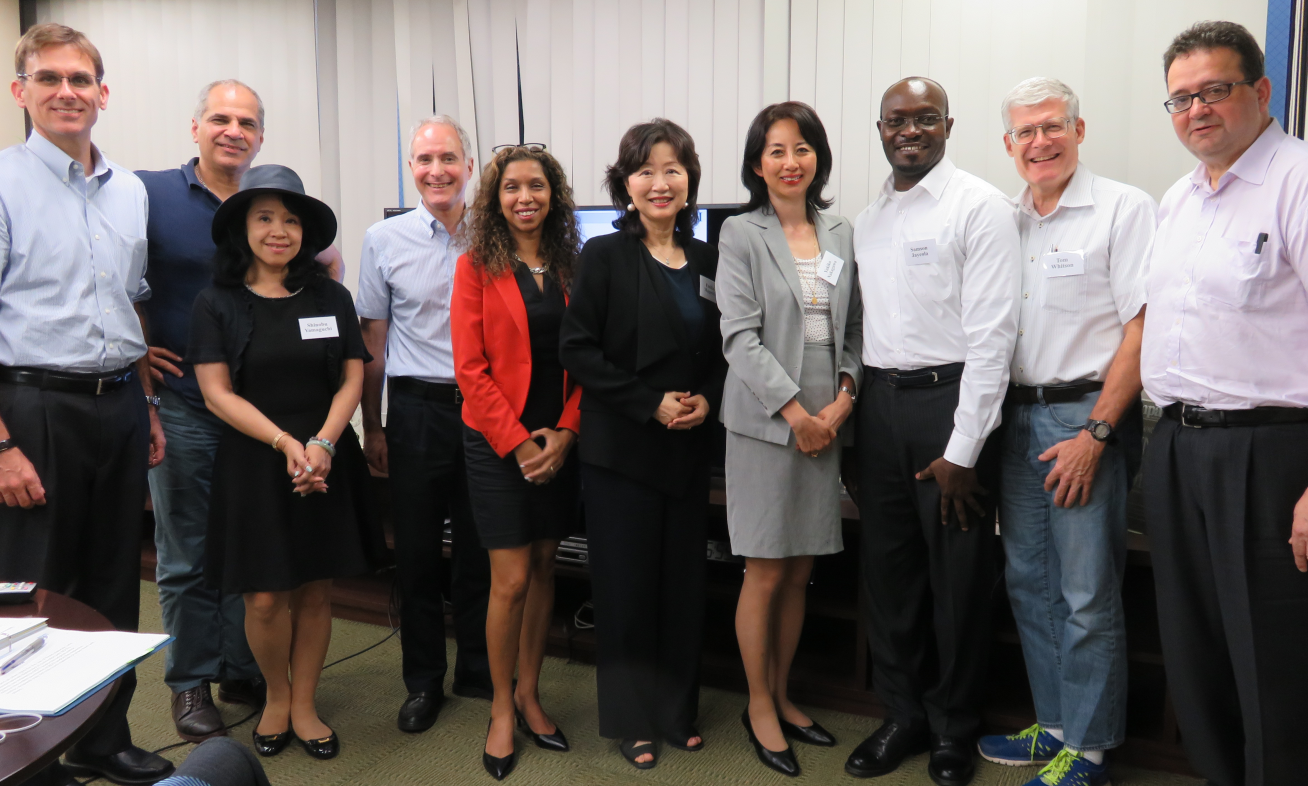Japan has made significant steps forward in promulgating a stewardship code and a corporate governance code. Change and differentiation between companies (leaders vs. laggards) will accelerate from this point on; it is already accelerating. But how much impact will be made by the new “comply or explain”-based, potentially vastly-expanded disclosure regime, and menu of best practices that are being encouraged, will largely depend on how much investing institutions are willing to do the hard work of analyzing and comparing all this new information, assessing its true substance vs. the lack thereof, and proactively communicating with portfolio companies the kind of concrete practices and robust disclosure they would like to see next.
This Insight will be a series focusing on various issues that need to be understood and discussed deeply going forward, and will affect this process and the future evolution of governance in Japan.

